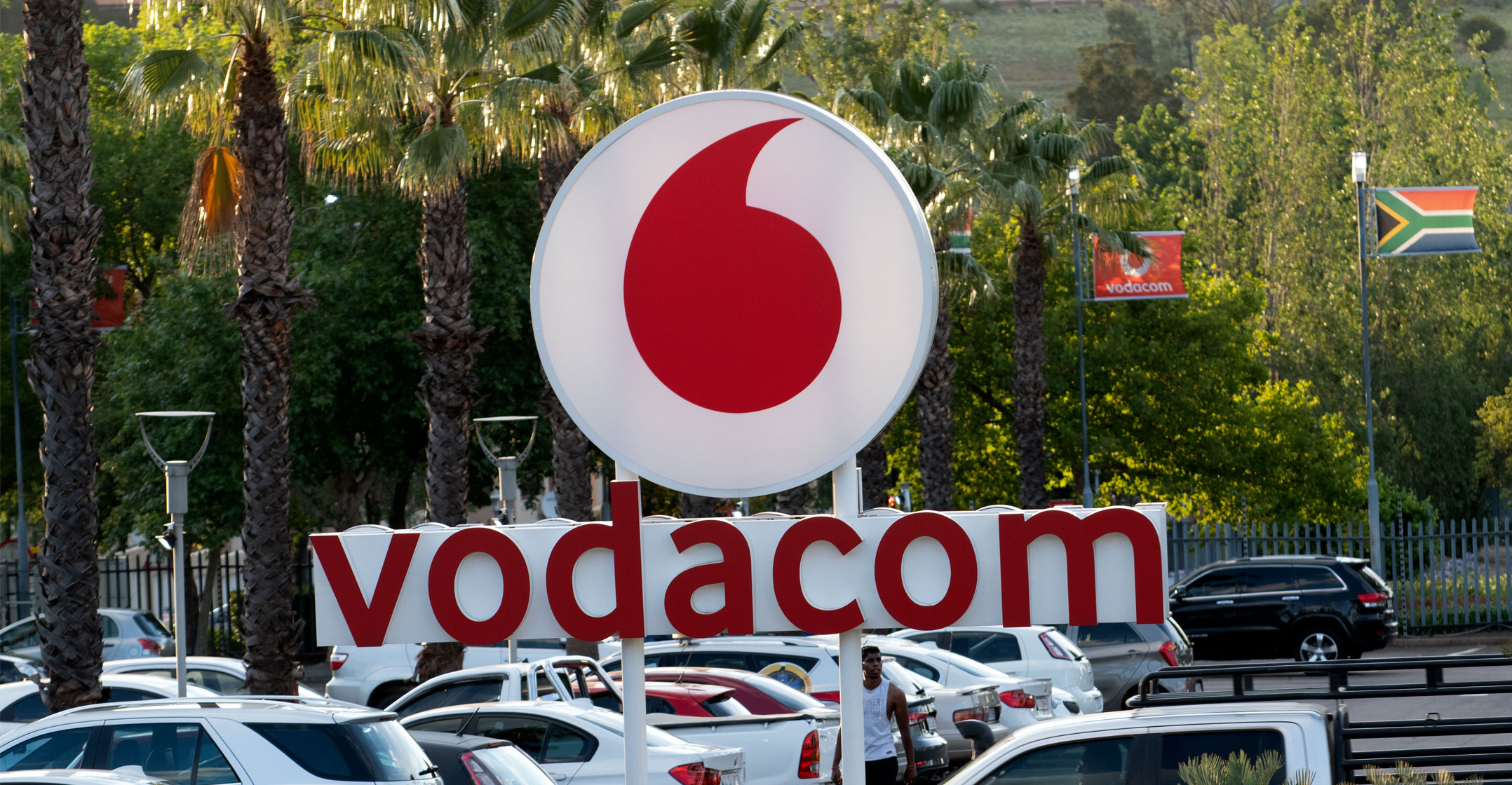 Ethiopia has awarded a new telecommunications licence to a consortium including South Africa’s Vodacom Group, paving the way for a long-awaited opening of the sector to outside investors.
Ethiopia has awarded a new telecommunications licence to a consortium including South Africa’s Vodacom Group, paving the way for a long-awaited opening of the sector to outside investors.
The government also called off the sale of a second new permit, but will invite fresh bids from international wireless carriers after some policy adjustments, according to Brook Taye, a senior adviser at the ministry of finance.
The winners — Vodafone, Vodacom Group, in which the British carrier has a majority stake, and Nairobi-based Safaricom — will invest US$8.5-billion in their network during the coming 10 years, including the licence fee, he said from the capital, Addis Ababa. The consortium submitted a bid of $850-million for the permit, according to people who declined to be identified.
“The company will enter a commitment of creating 1.1 million jobs in 10 years and cover the country with a 4G service by 2023,” Taye said.
The government of the Horn of Africa country had received two offers. The other was from MTN, Vodacom’s Johannesburg rival, and partners including the Silk Road Fund, a Chinese state investment group.
The decision to open up the telecoms industry was taken in mid-2018 and is seen as central to Ethiopian Prime Minister Abiy Ahmed’s plans to reform the economy. But the process has been hit by numerous setbacks, including the coronavirus pandemic, delayed elections and the regulatory complexity that comes with organising the sale.
Weakened proposition
The business case for phone companies was at first straightforward: Ethiopia has a population of more than 110 million, the second largest in Africa, yet less than half its people have mobile phone subscriptions. But certain conditions of the auction weakened the proposition, namely the requirement to use state-owned telecoms towers and an initial block on issuing mobile money licences.
Some investors may also have been put off by a recent civil war in the northern Tigray region. — Reported by Fasika Tadesse and Samuel Gebre, (c) 2021 Bloomberg LP




